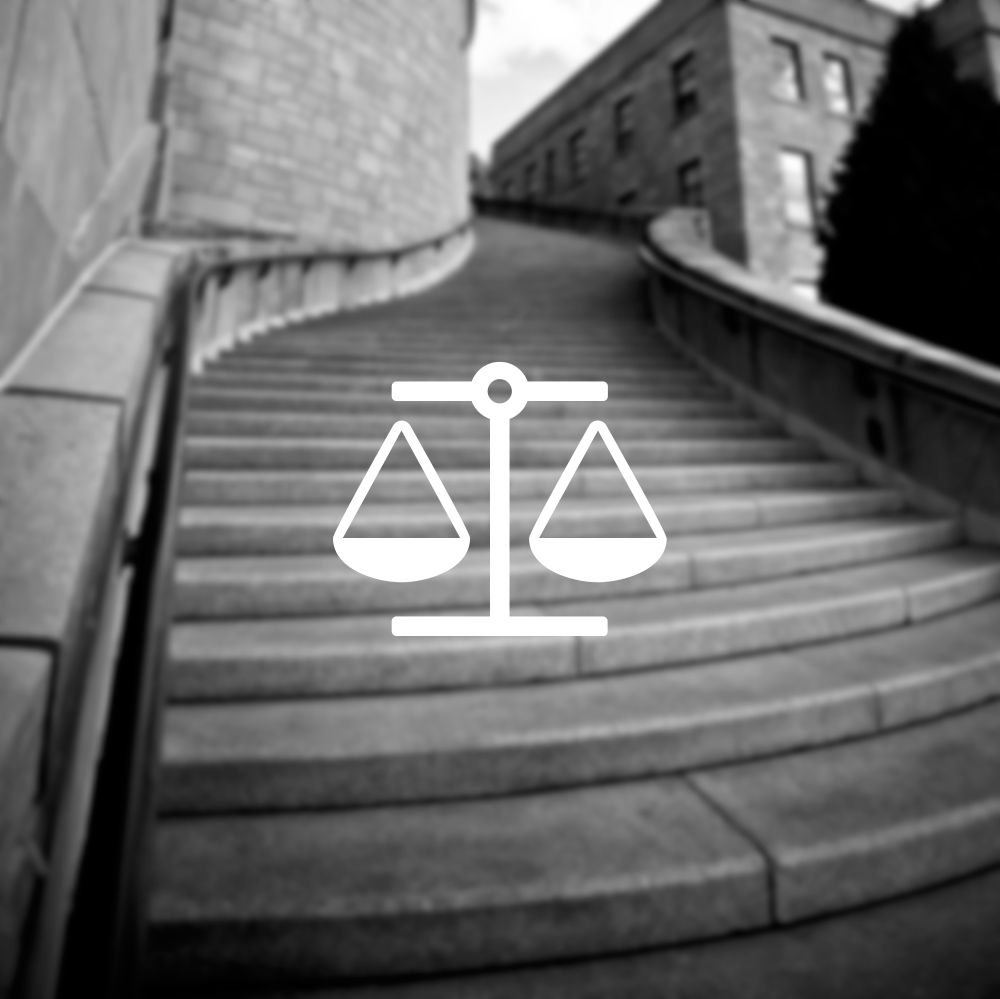As a federal law, the Individuals with Disabilities Education Act (IDEA) demands specific and stringent adherence to its rules. But even with clear policies and guidelines carefully established ahead of time, unforeseen mistakes can slip through the cracks, resulting in costly, time-consuming, and burdensome repercussions.
Since its passing in 1975, the act has drastically improved the education and lives of millions of students with disabilities. Along the way, schools have adjusted both to the act as it has undergone amendments and to supreme court rulings that have resulted in altered interpretations of the law. Among these are cases of great modern relevance such as School Committee of Town of Burlington, Mass. v. Department of Educ. of Mass., which in 1985 decreed that the parents have the right to be reimbursed for their expenditures for private special education. Rulings such as these demand adjusted policies and procedures from state and local agencies across the country.
Stepwell’s rigorous adherence to the requirements outlined in the act ensures that districts and education departments that use it are guided through the process of documenting compliance with the law. It eases the burden of worrying whether or not either one school district or an entire state is on track. Since the beginning, our team has designed Stepwell to support compliance with federal-level laws and regulations, carefully studying the language and aligning tasks, deadlines, and workflows along with it.
Compliance includes important details such as the mandated cooperation and reporting between state and federal educational authorities. States must certify to the Secretary of Education that they have “policies and procedures” that will effectively meet the act’s requirements for monitoring compliance. State educational agencies must ensure that local schools and teachers are meeting the state’s educational standards. And they must provide evidence that this entire process is taking place.
Documenting compliance is the core of Stepwell’s purpose. Tied in with the state’s policies and procedures, the software provides more than a method of compliance. The corrective action workflows not only support LEAs as they correct findings and plan for avoiding future non-compliance, but also keep a record of the correction process. Actions taken within the software are automatically recorded, along with who performed the task and when. The information is organized and easy to access, ready to be reviewed and compiled by LEA staff, state administrators, attorneys, or auditors. Stepwell provides a carefully maintained record, a means of documenting the work of and protecting educators, administrators, and agencies as they strive to provide the best education for the students that need it most.
